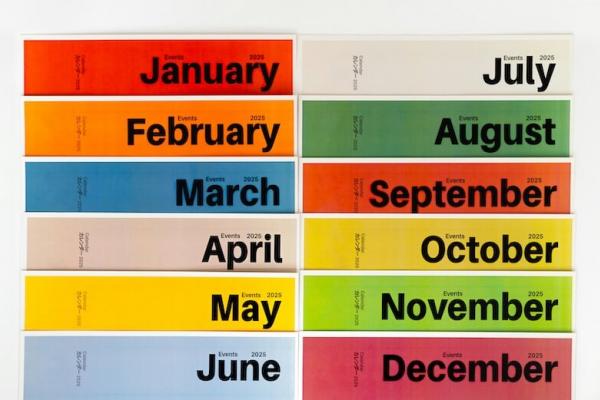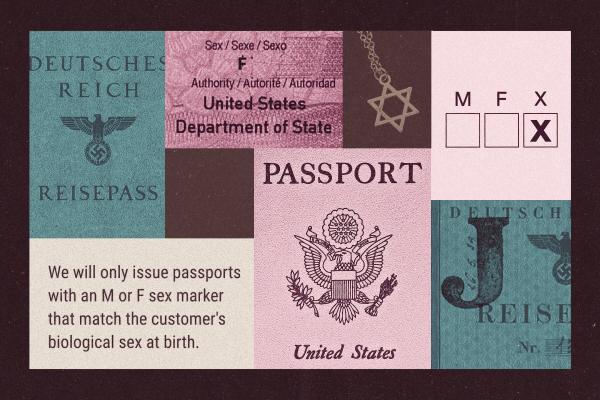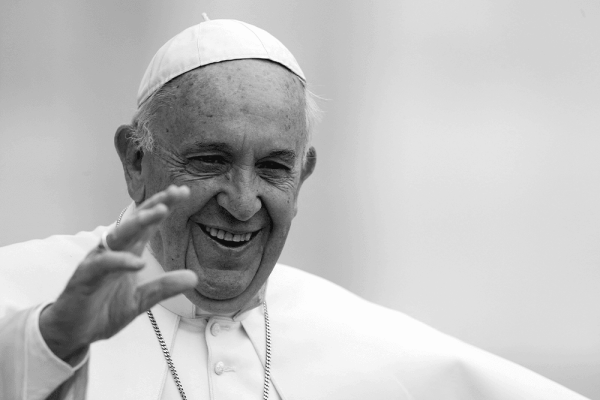Awareness months, weeks, and days are the kind of thing that often feel manufactured to get us to buy things: It’s Black History Month in February, so buy anti-racist books or something; it’s Stress Awareness Month in April, so invest in yourself and sign up for a mindfulness meditation class; May 6-12 is National Nurses Week, so buy some stuff and send it to a local hospital. These are all fine things to do, but is that all there is to this? Are awareness months just an excuse to throw some money at a cause? Is it just a convenient hook for journalists to write an article about a certain cause or group of people?
In the wake of social justice movements such as #MeToo and Black Lives Matter, we know that bringing the truth to light is an important first step to transforming our society. But simply being aware of a problem is not synonymous with solving that problem. Awareness should not be the goal in and of itself.
In the spring 2017 edition of the Stanford Social Innovation Review, Ann Christiano and Annie Neimand argue that simply raising awareness is not enough. “If the goal is solely to increase knowledge of an issue,” they write, “then an awareness campaign can work just fine. But is it ever enough for people to simply know more about something? If, for example, the goal were to raise awareness among new parents of the importance of immunizing their children, you wouldn’t be satisfied if parents were simply aware.” In other words, awareness must translate into action.
In the Bible, God’s people are called to remember God’s goodness and their own history through festivals and rituals, but remembering doesn’t translate to them sitting in their houses and being passively aware of these things. For example, the Passover is a remembrance of how God delivered the Hebrews from slavery and made them into a people. God’s people are then instructed to celebrate with a special meal of unleavened bread where they are told to teach their children about what the Lord has done (Exodus 12; Deuteronomy 16).
According to the biblical scholar and theologian Walter Brueggemann in Money and Possessions, God opposes “the predatory practices exemplified by Pharoah” through commanding that every 50 years, a year of Jubilee be observed: slaves were meant to be set free, debts forgiven, land returned to the original owners, and the land itself allowed to rest in the 50th year (Leviticus 25).
God doesn’t say, “Hey, I freed you from slavery so I want you to hold space for that or post about it for other people to see.” Rather, remembering the Exodus is a material demand made on people to take an economic loss in order to give other people a more equitable chance in life. It’s a radical idea, but there’s no historical record of it being observed, and people argue about whether it ever actually happened.
Indeed, many Christians who learn about the practice of Jubilee today view it hypothetically, as a lovely metaphor to remember God’s generosity. But God didn’t lay out the year of Jubilee as a clever thought experiment or something to simply be aware of. Instead, it’s a command to actually do something with our awareness that will make the world a more just place.
Instead of us approaching awareness months, weeks, and days as excuses to feel a low-key sense of guilt about our complicity in systems we did not create or to mistake our purchasing of commodities for solidarity with a specific group or cause, what if we treated these times as an opportunity to check in with ourselves: What have we done in the last year with all our awareness?
Awareness months at their best are an opportunity to increase our consciousness about the plight of those we might not think about on the regular, to confront our biases, and to give us a designated time to reset, reorient, and recommit to creating a more just world. It is a way to acknowledge the areas in our lives where we have an advantage and then actively do something about the injustice in the world.
Awareness is only useful insofar as you do something with it. It’s not just about positive thinking or learning about things to let them fill your brain space for a few moments. It’s not just about listening and holding a good thought for people, it’s about taking action and committing to that action over a long period of time.
Got something to say about what you're reading? We value your feedback!







